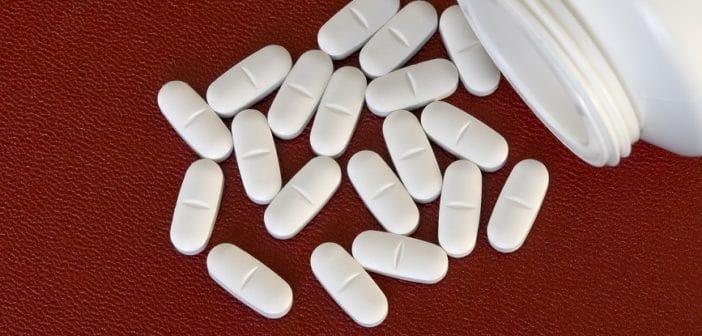 So the highly addictive prescription drug Zohydro was approved by the Food and Drug Administration (FDA) late last year and is set to hit the market this month.
So the highly addictive prescription drug Zohydro was approved by the Food and Drug Administration (FDA) late last year and is set to hit the market this month.
What Exactly Is Zohydro?
Zohydro is a narcotic painkiller that is chemically similar to heroin or any of its synthetic cousins, except it’s even worse— or better, perhaps, depending on who you talk to. While other combination drugs mix hydrocodone with weaker, non-addictive painkillers (such as aspirin) to balance out the effects, Zohydro uses pure hydrocodone to treat chronic pain. According to the Drug Enforcement Administration, hydrocodone is one of the most commonly abused medicines in the United States, accounting for the deaths of more than 125,000 Americans in the last decade.
Prescription medication has never been my thing—arguably, for the most part, because I’ve always been healthy and have never experienced physical pain. I was an athlete in my 20s, neurotic about most things including what I ate. Then and still today, I’m the type of person that won’t take an aspirin when I have a headache; I would rather suffer. I’m the type of addict who will suffer and suffer and suffer until I can’t stand it anymore. Only then, I’ll seek relief. Relief, for 13 years, came in the form of a drink. Whereas drugs always frightened me—they were, in my time, mostly illegal and therefore “bad”— alcohol, in every way, had always seemed perfectly acceptable, even as it destroyed my life and my health.
Prior to recovery, if a doctor had ever prescribed me an addictive medication, I’d have certainly taken it. Now, if I was ever in an accident and needed pain management…well, I don’t know what I’d do.
The FEDUP! Cause
Opioid addiction is at its highest among middle-aged people who are prescribed opioids for chronic pain and then become dependent, according to FEDUP!—a grassroots nonprofit organization that came together to raise awareness and end what they call an epidemic of opioid addiction and overdose deaths. FEDUP! took the lead in fighting the approval of Zohydro, organizing a rally in Washington D.C. back in October when the drug was first approved and continuing to speak out on the eve of the drug’s arrival. Introducing a new and even more powerful drug to our communities, the coalition fears, will only worsen already increasing rates of prescription drug overdoses.
Whereas organizations like FED UP! believe that immediate, coordinated and comprehensive action to end addiction starts with the federal government moving hydrocodone products from Schedule III to Schedule II, practical-minded people know that effective treatment is easier said than done. To me, the solution to the problem of drugs starts with less— not more— criminalization. If the FDA is going to approve highly addictive drugs, they ought not criminalize those individuals who use them, right? Certainly, we can all agree that the federal government introducing yet another narcotic undermines its very own message that we all “Just Say No.”
More opioids in our communities calls for more pragmatic approaches. Patients need to be educated by doctors about what they’re getting into. Families, too, need to be educated and given support. We have a flawed pain management system—a system that leads to abuse, overdose, dependency, criminalization and incarceration. We have a society that doesn’t know how to deal with pain.
Walking the Fine Drug Line
This month marks seven years since my last drink. My story is graphic enough without my having had a drug habit. Of course, I have friends whose bottoms were precipitated by drugs. I’ve lost friends to overdoses. I know people, in and out of recovery, who take prescription medication both prescribed and as they choose. Who knows? Much like alcohol, there is a fine line between use and abuse. Drugs are everywhere, and the reasons people take them are complicated. The fact that I never have makes me consider myself lucky.
Sponsored DISCLAIMER: This is a paid advertisement for California Behavioral Health, LLC, a CA licensed substance abuse treatment provider and not a service provided by The Fix. Calls to this number are answered by CBH, free and without obligation to the consumer. No one who answers the call receives a fee based upon the consumer’s choice to enter treatment. For additional info on other treatment providers and options visit www.samhsa.gov.




